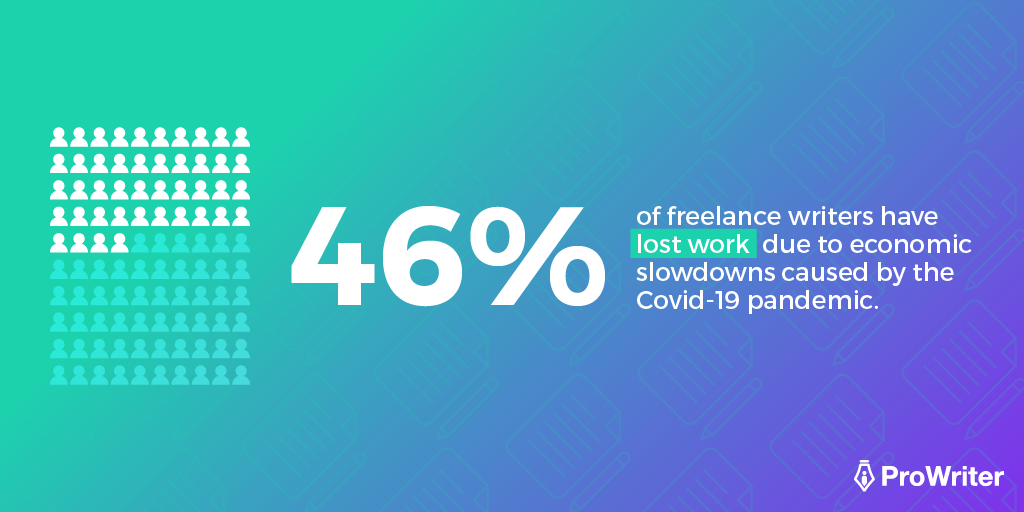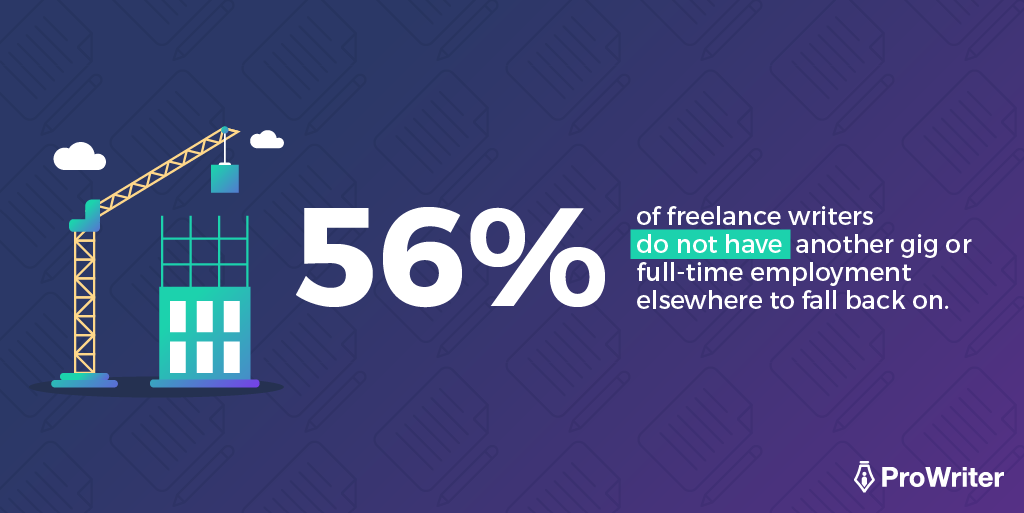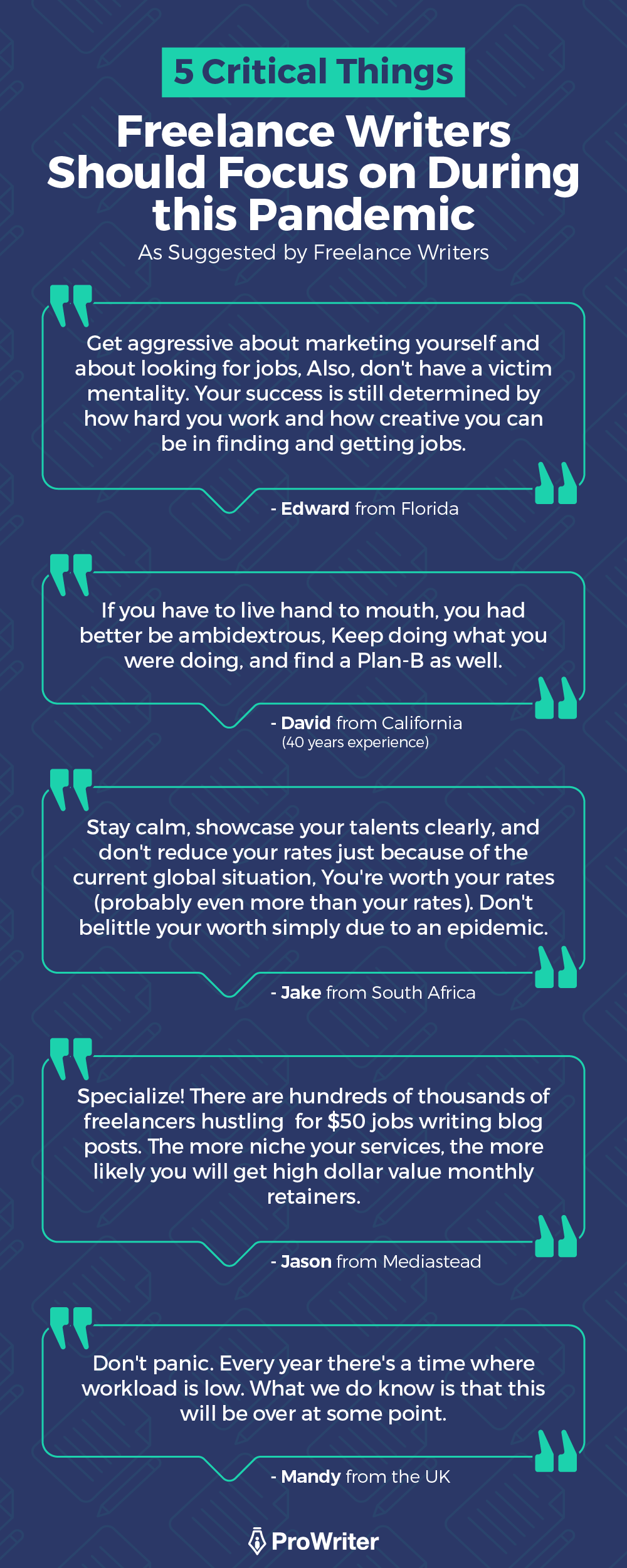Writers that neglect SEO are leaving money on the table.
Here’s what you need to know to feel confident that your SEO knowledge is up-to-date and competitive in the freelance writing market.
I recently saw a job post on reddit. “Looking for an SEO expert and copywriter,” it said.
Though the OP admitted they weren’t sure whether they were in the right place, the post went on to list some pretty standard competencies: native english speaking, ability to write blog posts, and “expert in SEO.”
Imagine the OP’s disappointment when they read the top response, which begins, emphasis theirs:
An SEO Expert/Specialist is rarely a writer.
Looking at the title of this blog post, you might be thinking I’m going to pick a fight with this responder.
Not at all. This response is 100% correct.
The responder correctly identifies an “SEO expert” as a distinct role from that of a writer. This is an individual with skills in keyword research, technical SEO, and link building, among other things.
In that same response, the author also clarifies that a lot of writers market themselves as “SEO experts.” The problem is, their skills are outdated or questionable. Knowing how to keyword stuff content isn’t exactly a valuable skill, and it’s definitely not good SEO.
So far an SEO expert is not a writer, and writers are not SEO experts. Check. Agreed so far.
But what I want to do in this blog post is expand on something that the responder briefly mentioned, because I think there’s more to say there.
“A copywriter with a background in SEO, or skilled in keyword placement, usually has only a bit of knowledge about the above.”
This is also true.
But it just brings me to a question.
Why?
Why don’t writers know more about SEO?
And what should writers know about SEO?
(Okay, that was three questions. Bear with me.)
If a writer wanted to, they certainly could become an SEO expert. There are a lot of courses on the web that will teach you skills like technical SEO review, link building, and keyword strategy. As the responder notes, SEO Specialists charge a pretty penny for their services, too.
But that’s not for everybody.
Still, SEO is an in-demand skill that factors into a lot of freelance writing jobs. It’s mentioned as a preferred skill in most gigs we curate at our own jobs board.
And while we don’t have exact numbers on the freelance writing industry as a whole, we can give you a sense of perspective.
There are nearly 40,000 writing jobs on ZipRecruiter right now that ask for some kind of SEO competency.
That means there’s an opportunity here, and most writers are missing it.
Don’t just shrug those shoulders and go “SEO isn’t for me.” Every professional writer has to know something about SEO in 2021 and beyond.
So, what do you need to know?
Step one: Know more than your clients
As someone who runs a digital content agency, let me assure you:
Most clients who say they want SEO writers don’t understand how SEO works.
Some think it’s a magic formula that will make them “go viral.” Most of them understand it’s something they have to do, even if they’re not sure why. They just hear that it creates success, and they’ve heard it enough that there must be something to it.
Precious few know anything about SEO, and even in that group, most of their knowledge is out of date.
This is just one reason why I’m extremely critical of “learn as you go” advice for freelance writers. When I hire writers, a good chunk that sell themselves as “SEO writers” are full of outdated SEO “hacks” at best, or black hat tactics at worst.
These writers aren’t actually trying to trick anyone, either. They think they learned SEO on the job. But their SEO “knowledge” is the result of a bad game of telephone between themselves and low-pay, know-nothing clients that hasn’t changed since 2013.
To recap:
- Most clients don’t know much about SEO
- Most writers know bad or outdated SEO
- This is a vicious, mutually-reinforcing cycle.
This is one reason why the SEO Specialist role that the reddit responder invoked is a real thing.
But as they mentioned, an SEO Specialist isn’t really a writer. It’s a more holistic role. They look at a website’s infrastructure, loading time, user experience, and a bunch of other checkpoints that have nothing to do with writing.
Insofar as they touch content, it’s mostly the look, the formatting, and the readability they care about. They might not know how to create great SEO content, but they know bad content when they see it.
Also, while an SEO Specialist is a real and vital role, it’s an expensive one. And it’s often out of the budgetary reach of a lot of small-to-medium-sized businesses, which make up the bulk of employers of freelance writers.
So what’s the solution for writers?
Know more about SEO than your clients do.
Don’t worry about becoming an SEO Specialist, but you should be the content expert in the client/freelancer relationship
There is nothing more empowering than knowing more about content than your client does.
So many writers look to their clients for instructions on how to do their own job.
This is a byproduct of the “learn as you go” model.
Skip that model. It has only lead to burnout and heartbreak for both clients and writers in the freelance market. You don’t need it.
Does this mean we’re telling you to become SEO Specialists?
Like we said above, you can if you want! But that’s not what we’re prescribing here.
Instead, your goal as a freelance writer should be understanding more about how SEO works (and your role in it as the writer) than your client does.
Being a content expert is about calling balls and strikes when your client asks you for questionable deliverables or to implement sketchy strategies.
If a client asks you for some reassurance that the content you’re writing them will “trend” or “rank,” you should feel confident saying something like this:
“Well, SEO success for you is going to have a lot more to do with things like continually publishing SEO-optimized content, your domain authority, the amount of backlinks you get over time, your site optimization, and a bunch of other stuff a writer doesn’t do. It’s not 2013 anymore, writers can’t really promise instant success. Google is too smart. What I can promise is the SEO-optimized content part, based on your SEO strategy. The rest, you might have to consult an SEO Specialist or do a little homework on.”
You, as the writer, should know how to write SEO-optimized content.
But there are no quick wins anymore. SEO requires a holistic, consistent approach.
As the content expert, knowing SEO in 2021 and beyond is about knowing what you’re responsible for and what you’re not responsible for.
Good SEO requires good content. You, as the writer, are a critical part of that and cannot be replaced.
But it’s time to change the paradigm in the freelance market:
- Clients need to be educated on the difference between good SEO and bad SEO.
- Writers need to understand what they are and are not responsible for in SEO, and help educate clients.
- And, writers need to write the killer SEO-optimized content that helps clients succeed.
What do writers need to know about SEO?
If you want to upgrade your profile as a freelance writer and beat out all the schmucks selling SEO snake oil, I have two pieces of advice for you:
- Understand how SEO works holistically (so you can confidently explain what you are and are not responsible for).
- Learn how to write SEO-optimized content (you’ll be much more impressive to employers if you can format and optimize your own content).
Learning technical SEO might not be your cup of tea. I get it.
But anyone can understand how Google works, what is involved in SEO, and who’s responsible for what.
You don’t need to design keyword strategies and identify ranking opportunities. That’s a different job.
But you should know best practices around using keywords, headline optimization, web readability, and formatting.
Those aren’t mystical digital skills you can’t learn. They’re basically the same principles of copywriting that professional writers have used since the dawn of time.
Don’t promise anything you can’t deliver. Be honest with clients. The only way to climb the ranks in Google Search is with high-quality content over time.
But that assumes the client’s site is SEO-optimized (read: NOT your job). If it isn’t, that will hold them back, but that’s not your responsibility.
If your client has a bad content strategy for ranking pages, that’s also not your responsibility (unless you’re being paid to design the content strategy).
Being a content expert isn’t about knowing everything there is to know about SEO. But it is knowing enough about how it works to understand the writer’s role within it, and where to advise your client to help them succeed as they improve their overall SEO.












